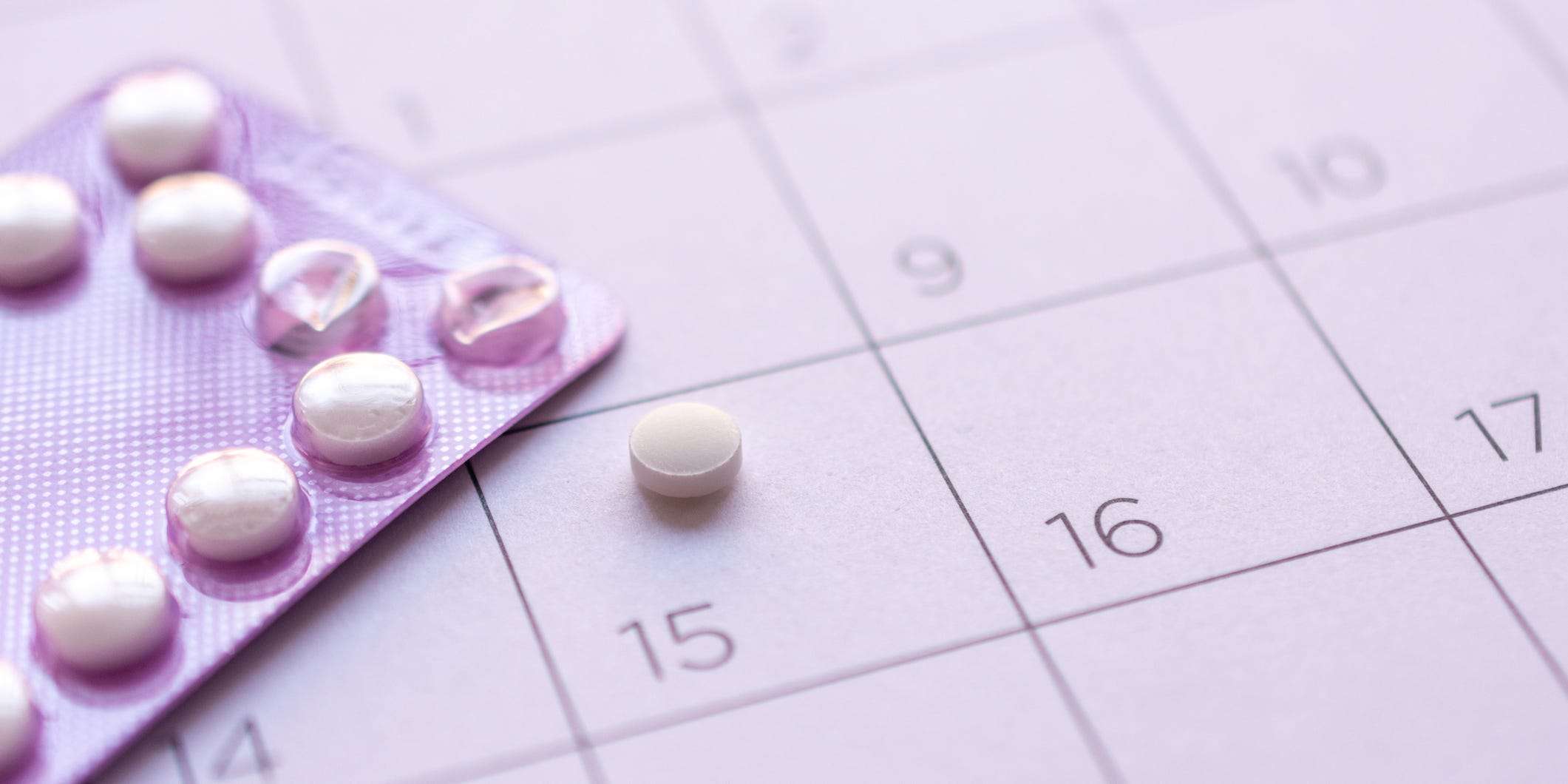When Does The Birth Control Pill Start Working
When it comes to birth control, it's important to understand how it works in order to make an informed decision. One of the most popular methods is the birth control pill, which can be highly effective if used correctly. But when does the birth control pill start working?
How the Birth Control Pill Works
The birth control pill is a hormonal form of contraception that prevents ovulation from occurring. This means that the woman's ovaries do not release an egg, which means there is no egg for sperm to fertilize.
Combination vs. Progestin-only Pills
There are two types of birth control pills: combination pills and progestin-only pills. Combination pills contain both estrogen and progestin, while progestin-only pills only contain progestin.
Combination pills work by preventing ovulation, thickening cervical mucus to prevent sperm from reaching the egg, and thinning the uterine lining to make pregnancy less likely. Progestin-only pills work primarily by thickening cervical mucus, but can also prevent ovulation in some cases.
When Does The Birth Control Pill Start Working?
The birth control pill generally takes 7 days to start working if you start taking it on the first day of your period. However, if you start taking it at any other point during your menstrual cycle, it can take up to 2 weeks to become effective.
How to Take the Birth Control Pill
The birth control pill is taken orally once a day at the same time every day. It's important to take it consistently to ensure effectiveness. If you miss a pill, you may need to use backup contraception or take emergency contraception to prevent pregnancy.
Tips for Taking the Birth Control Pill
Here are some tips and ideas for taking the birth control pill:
1. Set a Reminder
Set an alarm or reminder on your phone to take your pill at the same time every day.
2. Keep a Backup Pack
Keep a backup pack of birth control pills in case you lose or forget your usual pack.
3. Speak to Your Doctor
Speak to your doctor if you experience any side effects or have trouble taking the pill consistently.
4. Use Backup Contraception
If you miss a pill, use backup contraception like condoms for the next 7 days.
5. Carry Your Pills With You
Keep your birth control pills with you when traveling, so you don't miss a dose or run out.
How to Stop Taking the Birth Control Pill
If you decide to stop taking the birth control pill, it's important to speak with your doctor first. They can advise you on the best way to stop taking the pill and provide information on alternative forms of contraception.
Stopping Mid-Pack
If you stop taking the pill mid-pack, it can disrupt your menstrual cycle and increase your chances of getting pregnant. Speak to your doctor about using backup contraception or emergency contraception if necessary.
The Benefits of Birth Control Pill
Aside from preventing pregnancy, the birth control pill can also have other benefits, including:
Reduction in Heavy or Painful Menstrual Cycles
Birth control pills can help reduce heavy or painful menstrual cycles, making periods more manageable for some women.
Regulation of Menstrual Cycles
Birth control pills can also help regulate menstrual cycles for some women, making periods more predictable and manageable.
The Risks of Birth Control Pill
While the birth control pill can be highly effective, it's important to note that there are also potential risks and side effects. These include:
Blood Clots
There is a small risk of developing blood clots while taking the birth control pill, especially if you smoke or have a history of blood clots.
Nausea and Headaches
Some women may experience nausea or headaches while taking the birth control pill; these symptoms typically go away after a few months.
Increased Risk of Breast Cancer
There may be a slight increased risk of breast cancer associated with long-term use of the birth control pill. However, this risk is relatively small and should be weighed against the benefits of using the pill.
In Conclusion
When it comes to birth control, it's important to understand how different methods work and weigh the benefits and risks against your individual needs and lifestyle. The birth control pill can be a highly effective form of contraception if used correctly, but it's important to be informed and take it consistently. If you have any questions or concerns, speak to your doctor to find the best form of birth control for you.

How do Birth Control Pills Prevent Pregnancy

The birth control pill is a hormonal form of contraception that prevents ovulation from occurring. This means that the woman's ovaries do not release an egg, which means there is no egg for sperm to fertilize.

It's important to speak with your doctor about any concerns or questions you have about birth control or sexual health. Be informed and take control of your reproductive health.
While the birth control pill can have many benefits, it's important to note that it can also have potential side effects. Speak with your doctor about any concerns or questions you have about the birth control pill and your overall health.
Find more articles about When Does The Birth Control Pill Start Working
Post a Comment for "When Does The Birth Control Pill Start Working"